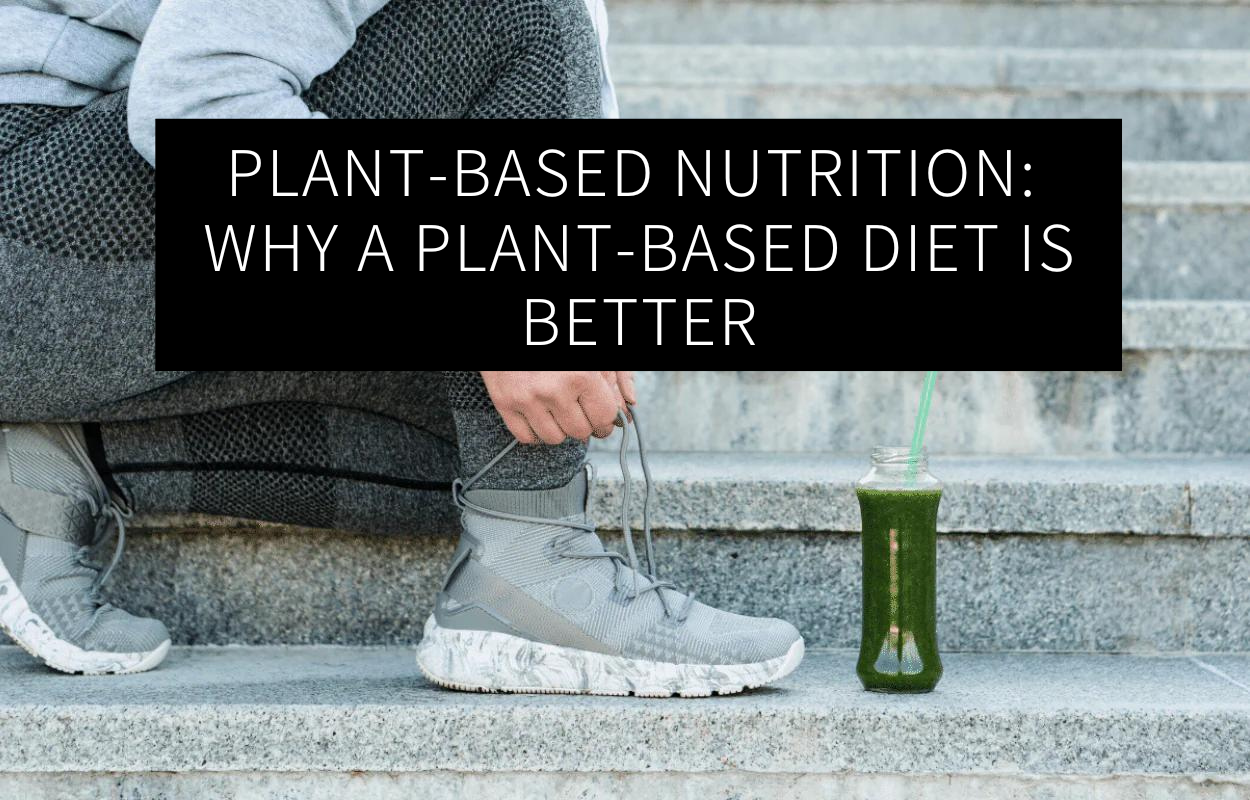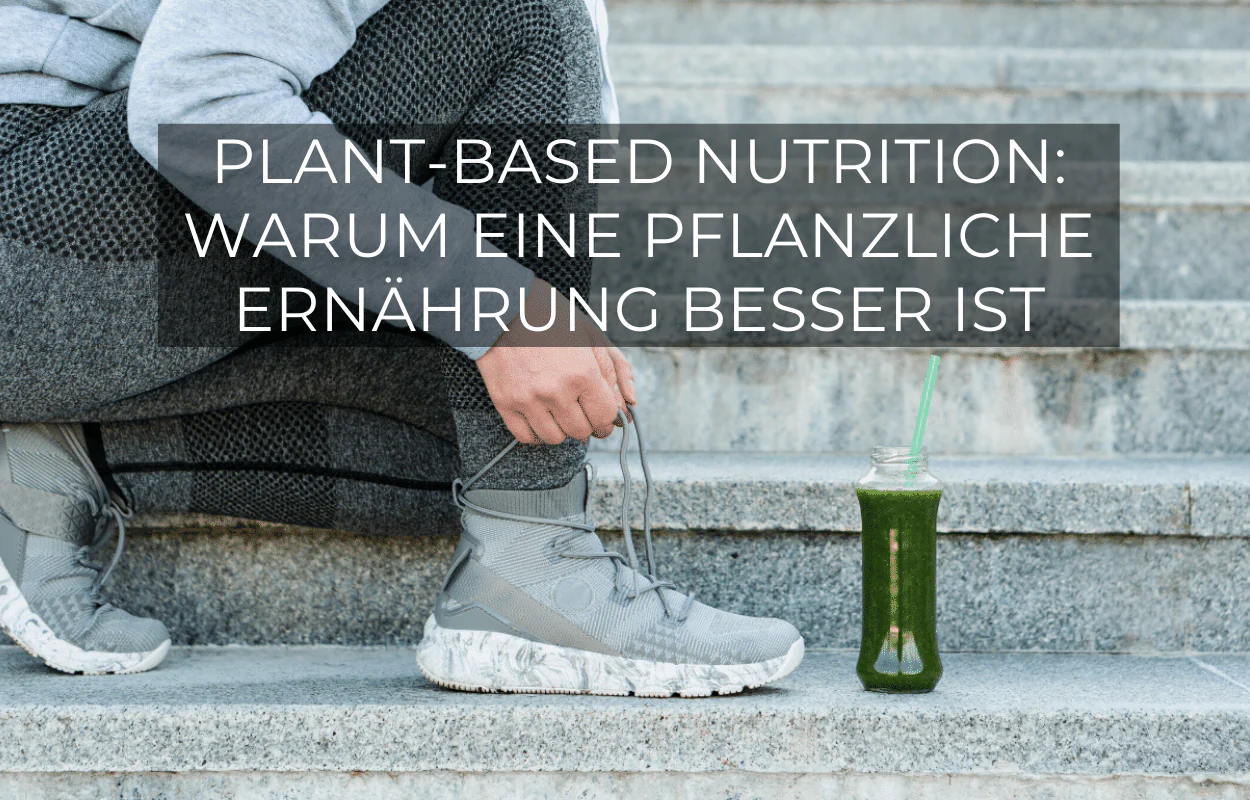1. How is the Sun Vitamin D formed?
Another one of those days when the sun doesn’t make an appearance? And a short trip to sun-soaked regions is currently not possible. Tough times for our vitamin D levels. This powerhouse among the vitamins is formed in our bodies through the action of UV-B radiation. Sunlight causes cholesterol in the skin to be converted into provitamin D, which then enters the liver through the blood, where it is stored as vitamin D3. The provitamin can also be converted into active vitamin D3 in our kidneys and other organs.
Unfortunately, in our latitudes, the sun often remains hidden for months during autumn and winter. Vitamin D is immensely important for our health, and you have certainly heard that countless times. The vitamin plays a role in building and shaping our bones. But it’s not only during growth that we need to be adequately supplied with vitamin D—it is essential for a strong immune system throughout our lives. A vitamin D deficiency weakens our immune defenses, leaving us more susceptible to illnesses.So, we do ourselves a lot of good by protecting our bodies from a vitamin D deficiency. But beware! The sole intake of high-dose vitamin D can also negatively impact health. Vitamin D, together with parathyroid hormone, increases calcium absorption from the intestine, leading to increased blood calcium concentration.
2. Calcium belongs in the bones, not in the arteries – Vitamin D as a „Transporter“
Calcium sounds good, and it is important – you might think. That’s right, it is an essential mineral for the formation of strong bones and teeth. However, calcium can be extremely harmful elsewhere: our body needs to be able to utilize the calcium in the blood. If it cannot do so, it will deposit in the blood vessels, causing harm to our health – resulting in calcification of blood vessels and organs. And this can lead to heart attacks and other cardiovascular diseases.

3. Vitamin K2: The Activator in the Team
To prevent this, there is a simple „trick“: Vitamin K2. When the body has sufficient vitamin K2 available, it can utilize calcium and prevent the dangerous deposits in the blood vessels, instead directing calcium to where we want it. The proteins osteocalcin and MGP (Matrix Gla Protein) play a crucial role in the proper utilization of calcium. Vitamin K2 activates these two proteins, enabling them to bind and transport calcium – to our bones and teeth, where it is eventually stored. Vitamin K2 provides a dual effect, protecting against arteriosclerosis and osteoporosis.In nature, vitamin K2 is produced by microorganisms. Fermented foods such as sauerkraut, fermented soy, or certain types of cheese are sources of vitamin K2. Additionally, the bacteria in our gut can produce this essential helper.
4. Conclusion
If you don’t want to rely solely on sunlight for your vitamin supply and instead want to continuously support your immune system with vitamin D, there is one important thing to remember: always take vitamin D in combination with vitamin K2. Vitamin K2 is necessary for the utilization of calcium when there is a high intake of vitamin D. In regions with less sun exposure, supplementation with appropriate supplements is recommended.
Regardless of supplements, here is a simple piece of advice: get out into nature and enjoy the sun in moderation. It’s good for vitamin production and for the soul.





